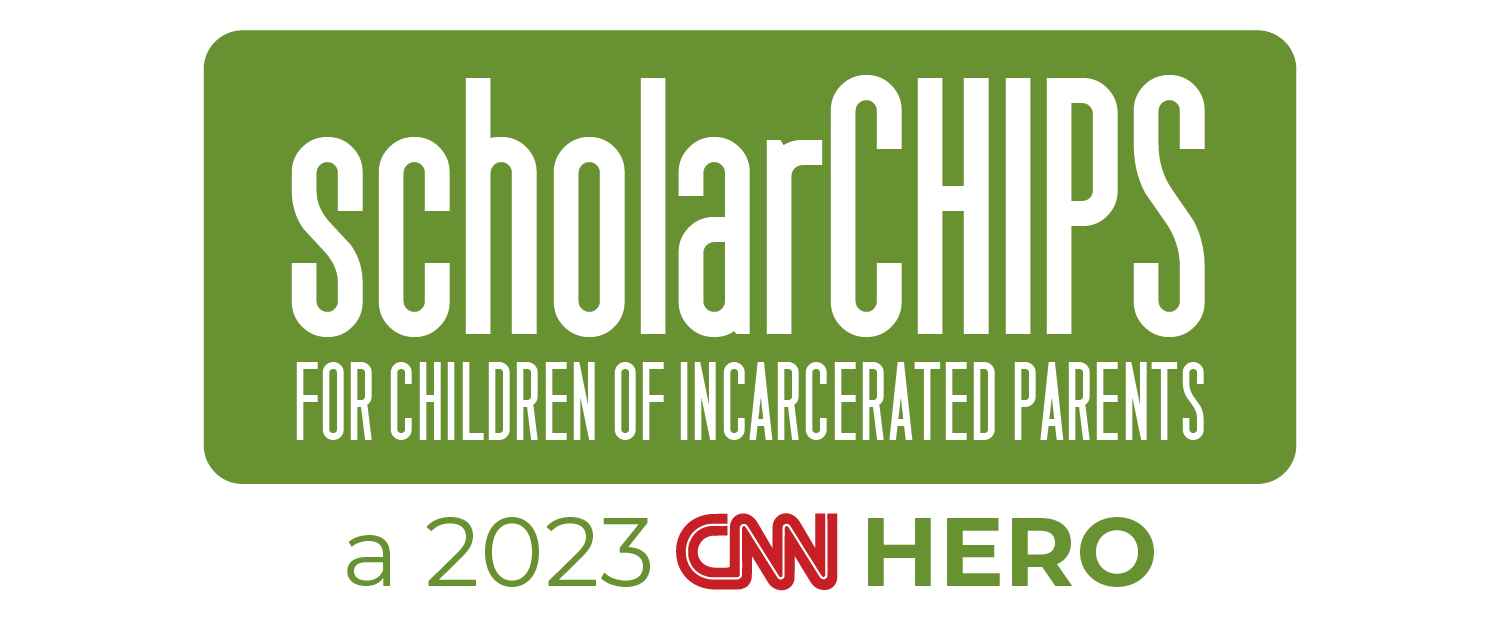Education changes lives. This is especially the case with incarcerated parents. During prison detention, many parents encounter hardships. Sometimes, their families also suffer. Scholarships that are required for inmates always go a very long way. They speak of hope for another opportunity and a means to start over. That is why these scholarships are essential. In the complete blog, we discuss the Importance of Scholarships in our era
Breaking the Cycle of Poverty
Imprisonment exacerbates the problem of debt. Families lose income, and children are affected by it. Different scholarships offer parents a chance to acquire new skills. Thus, education helps them get better-paid jobs after release as a reward for being behavior-change agents in prison. This goes a long way to helping some families escape the much-talked-about poverty. This research has shown that acts of education are probably the best bet for fighting poverty.

Strengthening Family Bonds
When parents go to school, their children will follow the same actions, which will be a good example. This means that learning is valuable. It has been found that educated parents will raise successful children. When incarcerated parents get informed and educated in prison by gaining degrees, they motivate such families. This also fosters stronger family ties, even when the father is imprisoned. Among children, one can notice that mistakes do not necessarily lead to the creation of a picture of the future.
Reducing Recidivism
Recidivism rates are high among prisoners, meaning that most of the prisoners will end up back in prison. Education changes this. Research has, however, revealed that prisoners who can pursue their education are less likely to repeat their offences. This education can be financed with scholarships, and this can be a second chance. When skills and knowledge are the parents, they can do better after incarceration. This inculcates discipline and eliminates the tendency of prisoners to re-offend themselves in society.
Supporting Mental Health
Incarceration is stressful. Depression and anxiety are some dangers associated with excess sugar consumption. Education gives a channel for positive development. It provides the incarcerated parent something to do, something to work towards. Education, in a way, can also be regarded as therapy. They help the inmates manage their current circumstances and aim to give them a brighter future.
Offering Hope for the Future
To most of the parents behind bars, hope is cold. Scholarships can help them regain their fortunes. They present an opportunity to acquire knowledge, develop, and reform. Thus, education helps incarcerated parents dream. They can imagine themselves providing for their families and being productive community members.
Helping Out Children and Those Around Them
That means the gains are not solely in the parents but multiple. Young people with educated parents are more likely to complete their schooling Education. They will be more responsible, won’t act foolishly, and are less likely to get into trouble. Families are strengthened, and communities are the beneficiaries of the process. Welfare for inmates matters because they seek scholarships for incarcerated parents for the future of families and entire communities.

Promoting Self-worth and Confidence
Shame and guilt are two complex feelings that the parents serving a prison term experience to the maximum. They always feel they have failed in their obligations to their families. Education is another way of restoring their dignity. It is gratifying to graduate to the next level or complete the course and get a certificate. It demonstrates to them and their loved ones that they can function and excel. It has the desired effect of boosting their confidence with each completed course so they envision a better future.
Building Bridges to Work
Another issue that stresses former detainee parents is earning a sustainable income to meet the needs of their families. A criminal record hinders one from getting a good job, but education can help one get a job. Scholarships mean parents behind bars can obtain papers that give them better job opportunities. When equipped with specific skills, they can fit in the labor market and get decent employment. It was necessary to reintegrate into society, provide financial support for frail families, and sustain independent incomes.
Building Positive Social Action
Tuition assistance programs are more than offers in which incarcerated parents can gain skills and knowledge; they are about improving the world. When parents are educated, they cannot go back to prison, thus helping to bring down the costs of imprisonment. This assists in easing the congestion of the prison and makes societies safer. Criminal prison inmates, in particular, should be encouraged to take parenting classes so society books a brighter tomorrow for a more stable future generation.
Conclusion
Getting a scholarship education means more than getting one from other parents. These give hope, strength and the chance to start all over again. By supporting these scholarships, we could make families happy. Education for incarcerated parents should not be seen as charity – as giving a parent, a child, a chance – because the benefits are felt beyond the individual recipients. That is the beauty of it to their children, families, and society in general. Everyone wins.

